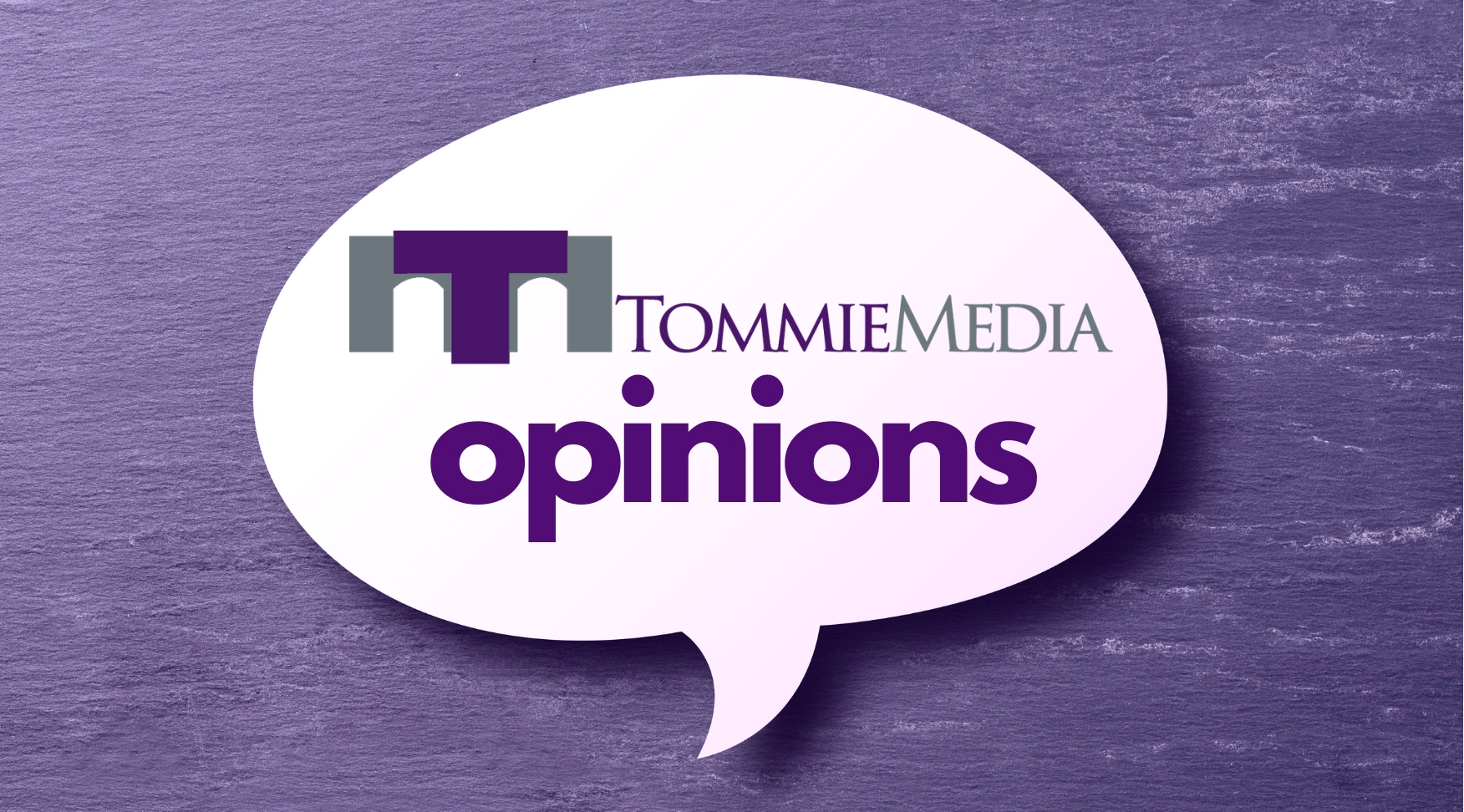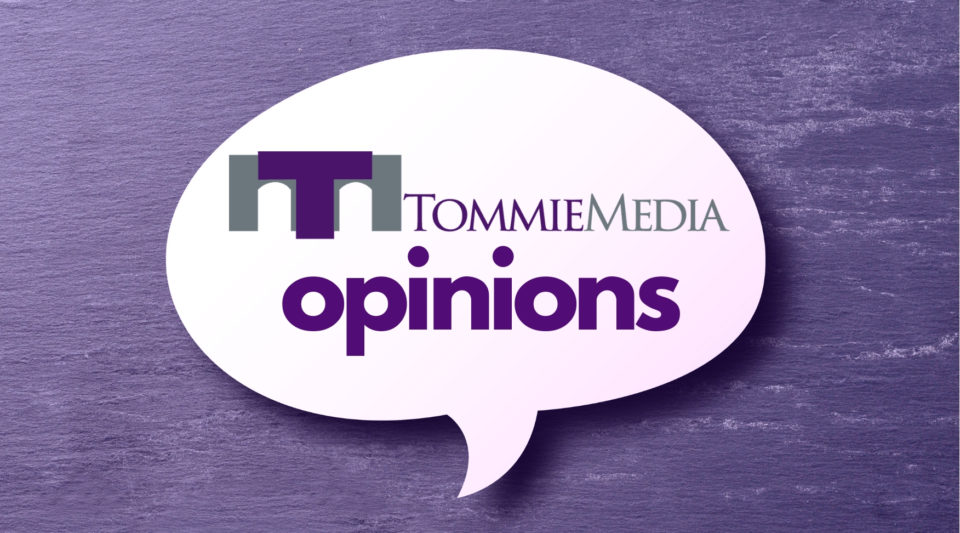Measles is making a comeback, as the number of diagnoses surpasses the century’s previous record. These 704 cases could have been prevented by the MMR vaccine, yet 20 states have introduced bills that would increase exemptions from vaccines and require doctors to provide information on vaccination risks.
Anti-vaccination groups support these bills, saying that they assert their individual right to choose to vaccinate their children. Opponents of vaccinations cite several reasons for not vaccinating: risk of autism, a safer world than in the past, distrust of the government or pharmaceutical companies and building natural immunity against diseases commonly vaccinated for.
But are these reasons really more valuable than children’s lives?
According to the Center for Disease Control and Prevention, measles can result in pneumonia, brain swelling and death. The fear of measles has waned since its near-eradication in 2000, and people have forgotten just how serious the disease is.
In the United States, 555 measles cases have been reported in 2019. If the anti-vaccination movement continues, the number will only rise.
Vaccine hesitancy is spurred on by the spread of misinformation from anti-vaccination groups. Citing a retracted argument from 1998 by Dr. Andrew Wakefield and his colleagues, these groups hold the false belief that vaccinations lead to autism.
However, even if it was true, this anti-vaccination argument is basically saying that having a disabled child would be the worst thing in the world. That’s discrimination.
The belief that vaccinations cause autism was again discredited in a new study by Danish researchers on the MMR vaccine. The study showed that the vaccine does not cause autism or contain toxic chemicals.
Vaccinations also protect the health of the community. Young children, those with suppressed immune systems, and others medically unable to get certain vaccines are put at a high risk when immunization rates fall below a certain level.
With the increase of unvaccinated children in recent years, these rates fell below the standard to maintain immunity, and as a result, we’ve seen measles outbreaks across the country.
States like Arizona, Iowa, Washington and Minnesota have proposed legislature that would deny personal or philosophical exemptions for not vaccinating school-age children.
While legislature would aid in keeping communities immune to preventable diseases, what advocates for vaccination want is education. If parents separate the facts from myths, they will make an informed decision and pinpoint the fear tactics that anti-vaccination groups use.
According to the World Health Organization, “(vaccinations) currently prevents 2-3 million deaths a year, and a further 1.5 million could be avoided if global coverage of vaccinations improved.”
Of the 185 American children who died from influenza during the 2017-18 flu season, 80% were unvaccinated children. The vaccine is the best way to avoid getting the flu, yet less than 50% of Americans get the shot.
Education could change that.
Vaccines promote the health of the community, and by spreading facts instead of myths, we can once again reach near-eradication of diseases like the measles and the flu.
Kayla Mayer can be reached at maye8518@stthomas.edu




